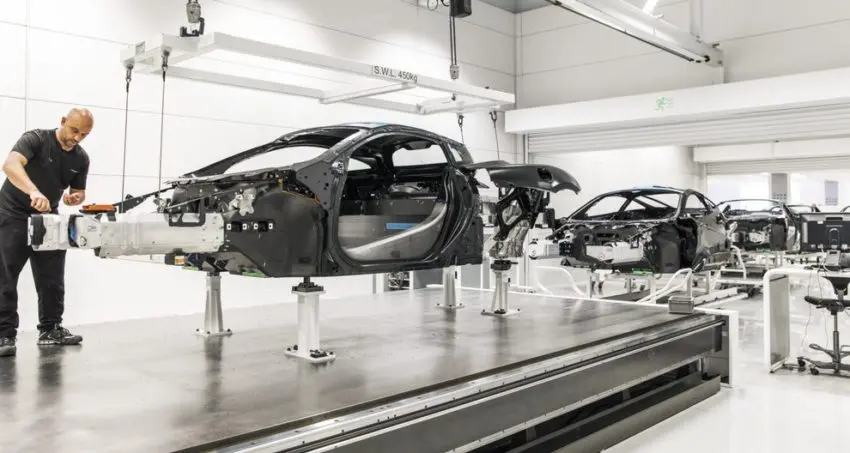More than a quarter of the workforce is to go at McLaren after a slump in sales of the Formula One motor racing team’s luxury sports cars.
In the latest blow to Britain’s struggling automotive sector, the Surrey-based company will cut 1,200 jobs. It employs 4,000 staff and has been scrambling to shore up its finances as the Covid-19 pandemic decimates car sales.
McLaren had already made many of its workforce redundant temporarily under the taxpayer-funded furlough programme, while Carlos Sainz and Lando Norris, the grand prix team’s race drivers, have agreed to take voluntary pay cuts.
Ministers rejected McLaren’s request this month for a £150 million emergency loan and the company has been trying to raise cash by mortgaging its stock of vintage Formula One and road cars. The move sparked a row with its existing bondholders, who said that they already had a claim on the collection, which include cars driven by Ayrton Senna and Alain Prost.
McLaren is one of the best-known names in motor sport. Founded in 1963 by Bruce McLaren, it reached its apogee under the stewardship of Ron Dennis, its former chief executive. Mr Dennis, 72, was pushed out of the company in 2017 after falling out with fellow shareholders, selling his stake for a reported £275 million. Shareholders including Bahrain’s sovereign wealth fund and Mansour Ojjeh, a wealthy Saudi Arabia-born businessman, poured £300 million into the company two months ago.
McLaren earns about a fifth of its revenues from its racing team, with the rest coming from its supercar division and a technology consulting business. Last year it sold 4,662 high-performance cars and had aimed to sell 5,000 units this year until it was forced to suspend production in March.
The job cuts, first reported by Sky News, would steer McLaren on to a “clear course” to profitability, according to Paul Walsh, its executive chairman. “We deeply regret the impact that this restructure will have on all our people, but especially those whose jobs may be affected,” Mr Walsh, 65, a former chief executive of Diageo, said.
“It is a course of action we have worked hard to avoid, having already undertaken dramatic cost-saving measures across all areas of the business. But we now have no other choice. We plan to emerge as an efficient, sustainable business with a clear course for returning to growth.”


